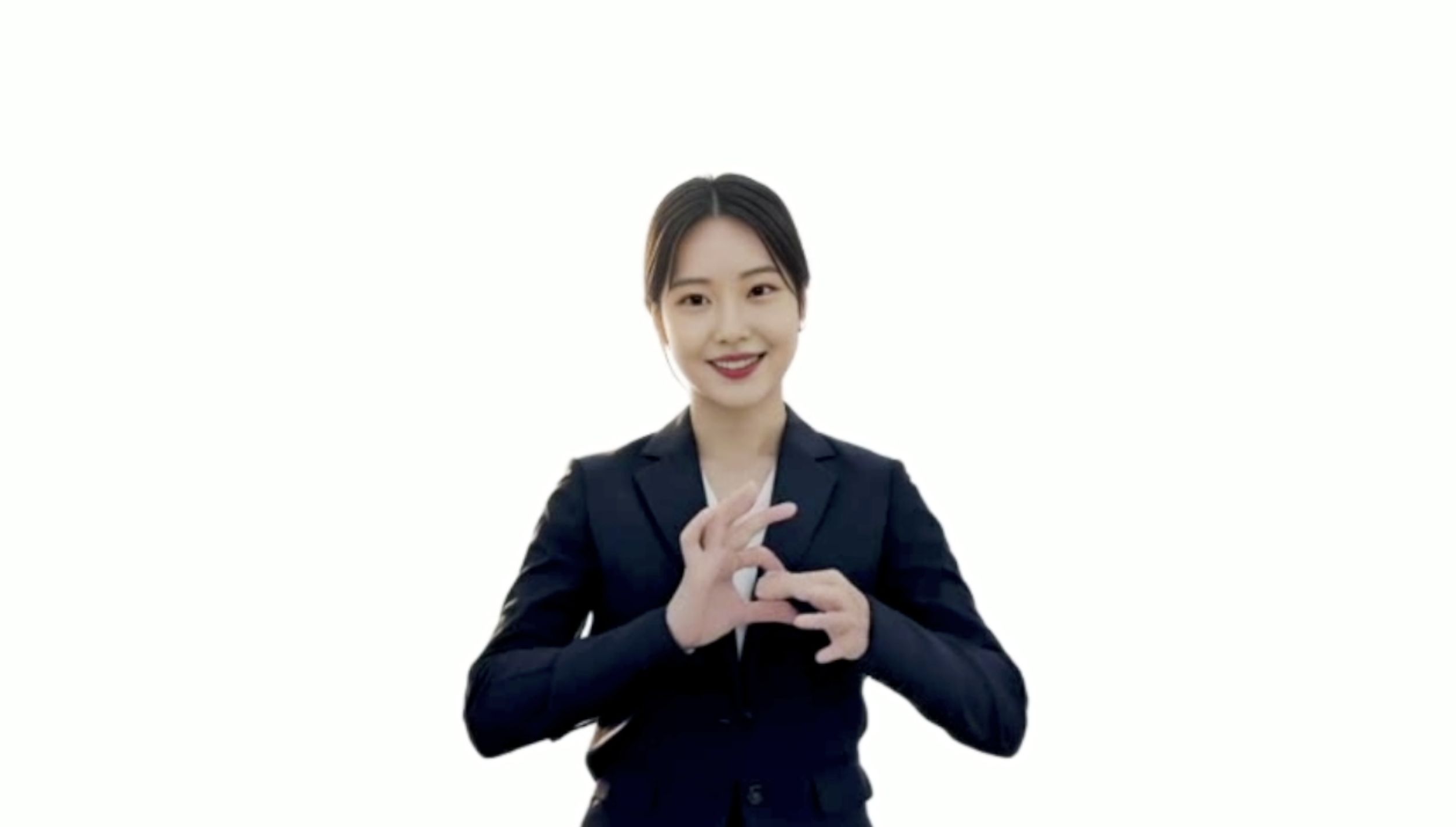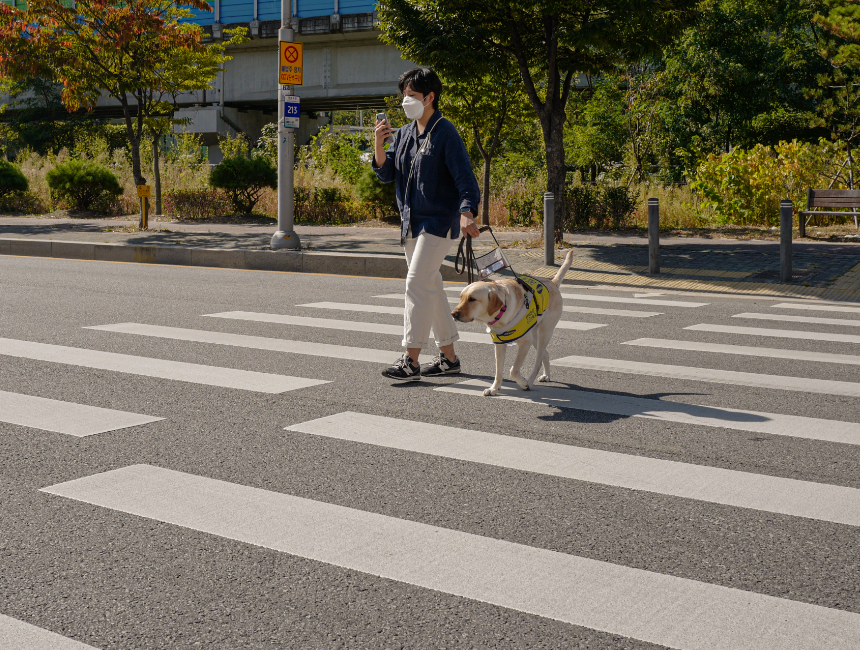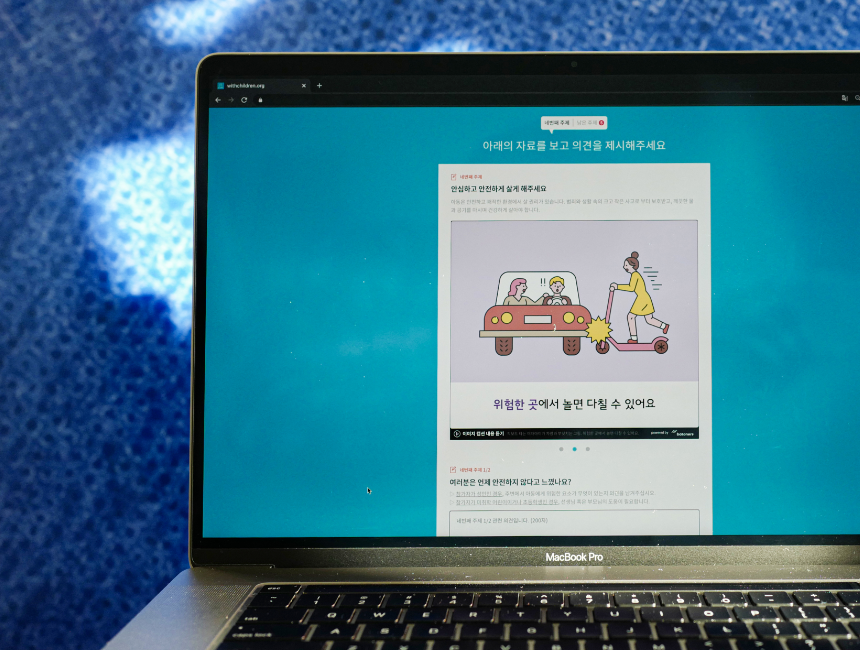
humane technology
for
social problems
Now is the time to hand over a brighter future, Batoners.
As a new era begins, technology and people merge yet again.
Batoners is aware of the impact this moment may have on the future,
and spends each day getting to know the different kinds of people who
will live in it.
Developing skills and providing services for children,
differently abled individuals, and those amongst us who need it the
most,
we believe aligning with those in need is imperative for the development
of a truly wonderful world.
As the prevailing science and technology of the day continue to develop
exponentially,
so widens the gap between those who have and those who do not.
The wealthy reside in skyscrapers amongst the clouds,
impervious to the struggles of those below
finding it more and more difficult to see
the role they will play in our societies' imminent future.
The socially disadvantaged live in conditions unchanged for decades
as the the world marches forward without them.
What we aim to pass down is not technology,
but rather faith and an ability to believe.
A sense of confidence that "I too can make my mark on society."
We understand the importance of sharing and working together.
We understand that the warmest technology that humans have to offer is
their service.


01
BSLT (Batoners Sign Language Translator)
BSLT (Batoners Sign Language Translator) is an innovative computer
vision and natural language processing software that bridges the gap
between sign language and written/spoken language. With remarkable
accuracy of 95%, and speedy translation within three seconds, BSLT is
a groundbreaking tool certified by KOLAS – the Korea Laboratory
Accreditation Scheme. BSLT was launched in 2024 and, beginning with
Korean/Korean Sign Language support, has since expanded to include
English/American Sign Language and Japanese/Japanese Sign Language.
Our mission is to empower people who use sign language to communicate
with non-signers, and BSLT is just the first step in our journey
towards an inclusive society.

02
Technology that creates a better reading experience for the visually
impaired:
The issue: It's not always easy for blind
people to dive into a good book. Although certain books are published
in braille, only about 5% of the blind today still read braille. As a
result, many visually impaired individuals use Text to Speech
Technology (TTS) to read. This suffices for many books, but in certain
cases books contain alternative content like graphs, tables, and
formulas that are incompatible with conventional TTS technology.
Sometimes electronic book editors input alternative text to better
describe these pictures to the visually impaired, but these
specialized books can take up to half a year to publish.
Our solution: Technology that better
recognizes images, graphs, tables, and formulas. Our e-book reading
technology automatically generates commentary about what each of these
sets of information may represent, helping blind people get a better
idea of everything that is happening inside of one of these charts.


03
Crosswalk guidance software for the blind
The issue: Crosswalks without the use of
braille lettering make it difficult for blind people to safely cross
the road in the right direction. Countless schools and welfare centers
are forced to try and combat this issue by offering pedestrian
crossing training courses for the visually impaired. In addition,
crosswalks with sound signals are hard to come by, and are often
riddled with technical difficulties.
Our solution: To develop an artificial
intelligence-based application that can be downloaded and used by any
smartphone. The app will use touch and voice activation to aid the
visually impaired at every crosswalk throughout the city.

04
Trapped children accident prevention button
(CCUCC)
The issue: On average, a child is trapped
inside of a vehicle daily. Drop off bells are used at most daycare
centers to prevent this problem, but the installation of these bells
can be anywhere from 200,000 to 300,000 KRW (roughly 200-300 USD).
This is not a realistic price to pay for many home vehicles.
Our solution: Rather than connecting a
vehicle's wires to an exit bell, we have developed a 'CCUCC button'
that connects directly to any built in USB port or cigar jack. When
the engine is turned off, the device's alarm automatically sounds to
remind you to check for any remaining children in your vehicle.


05
UNICEF'S Child friendly city initiation, recreating face to face
interactions in an online world
The issue: The COVID-19 pandemic has made
face-to-face interactions more and more difficult over the past year
and a half. A better platform to replace off-line meetings in a new
online world is needed. Local authorities are currently holding
discussions with children, teachers, and parents about creating a
better environment for children during these difficult times.
Our Solution: develop a global online
discussion board open day or night designed to encourage brainstorming
amongst all of us who have been affected by the COVID-19 crisis. We
make it easy for children who still are too young to use keyboards to
chime in, using images and voice activated software to help them give
us their input on what they need. All of the data collected will be
automatically converted to text and later analyzed in detail. The
message board will be accessible for the visually impaired as well,
creating a truly all inclusive platform for all to participate
comfortably.








